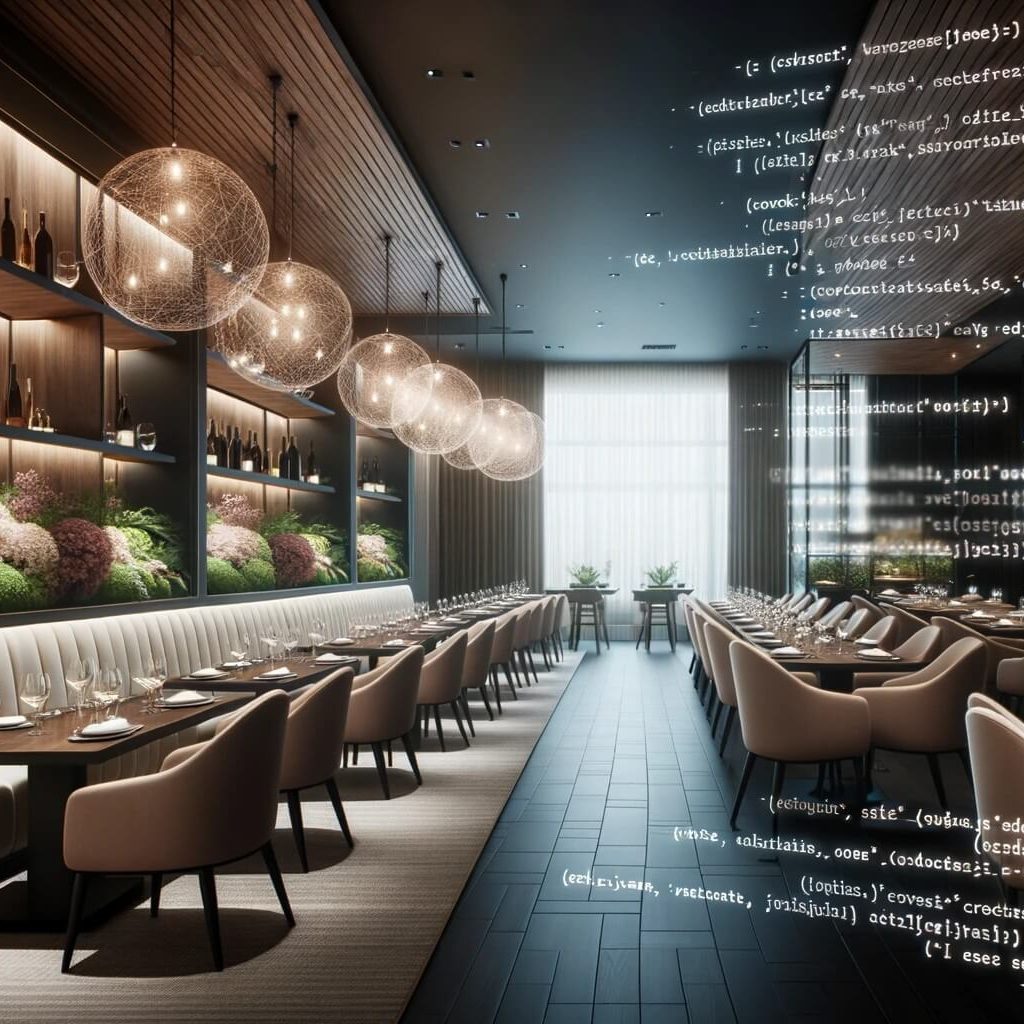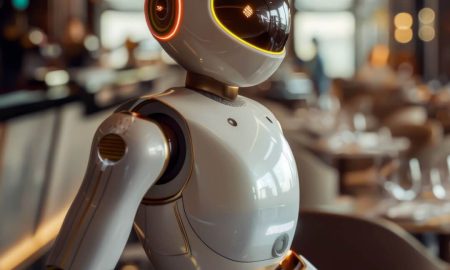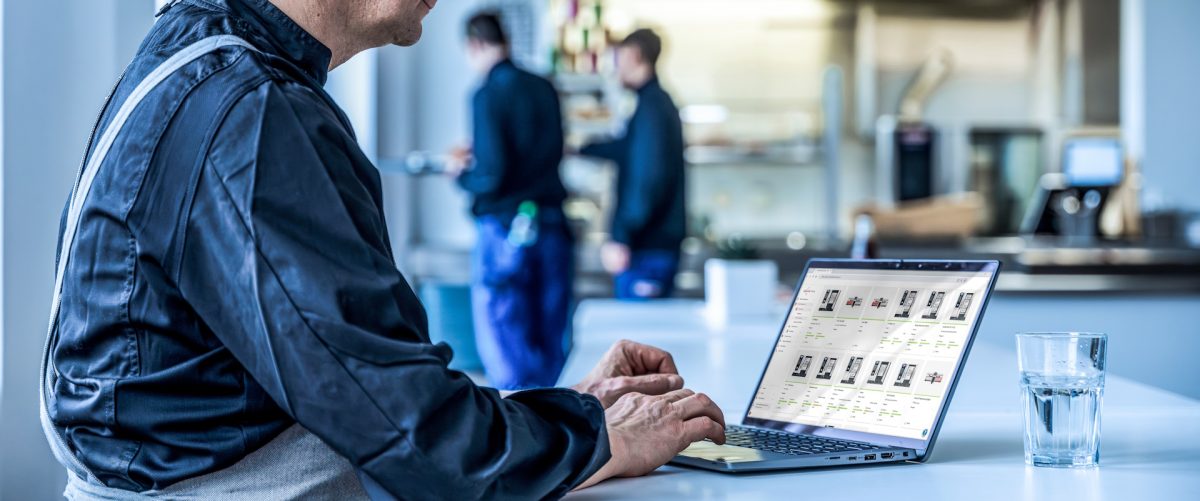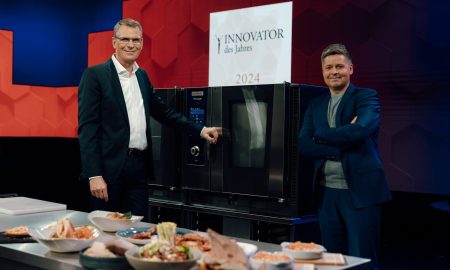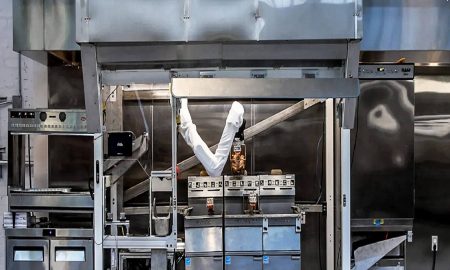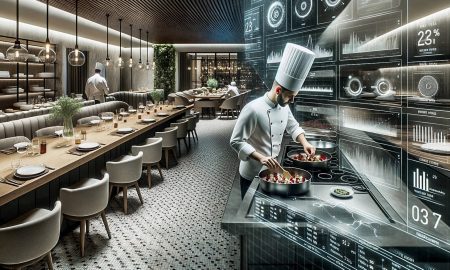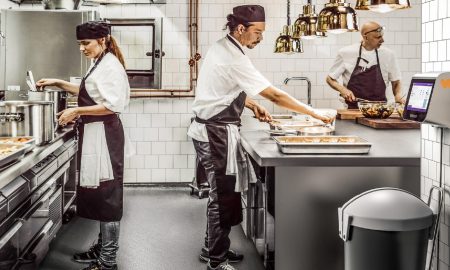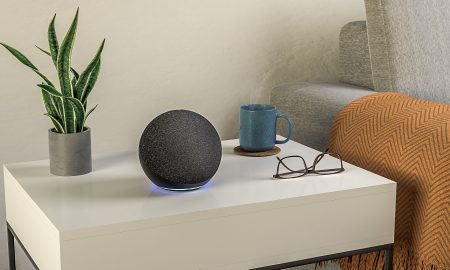According to a report by Accenture, artificial intelligence (AI) could double annual growth rates by 2035. This estimate has been confirmed by a study by PwC that suggests AI could add 15.7 trillion dollars to the global economy by 2030. Impressive, right? Definitely, because the numbers drive home the enormous impact AI is already having on society and how important it is for every industry to take note of this development.
However, despite these positive developments, there are also challenges and potential negative impacts of AI on the economy, especially in terms of the job market. According to a report by the Organization for Economic Cooperation and Development (OECD), about 14% of jobs in 21 countries are at high risk due to automation.
Nevertheless, in a world characterized by continuous technological progress, AI has the potential to transform every industry. From the automotive industry to healthcare, it has already made tremendous progress and created innovative solutions. Indeed, the hotel and gastronomy industry has also experienced a remarkable evolution in our digital era.
For years, the hospitality industry has faced numerous challenges, from changing customer preferences to growing competition. In the midst of this momentum, AI has proven to be a powerful tool to help businesses improve service, streamline operations and deliver personalized experiences.
This article is the first of a two-part series on AI in the food service industry and provides a comprehensive overview of the latest developments and innovations in the field of AI for the hotel and gastronomy industry. The road to digital transformation has begun, and artificial intelligence is taking a central role. Let’s dive into the fascinating world of AI and discover how it is revolutionizing the way hotels and restaurants work and delight their guests.
What exactly is AI?
While the buzzword AI is becoming increasingly common, it is important to be clear about what is actually behind it. Oliver Feiler, who as Head of Market Intelligence at Rational also deals with the topic of AI, emphasizes how important it is to clearly define the term. “Not everything that claims to be AI is actually AI. AI in the sense of computer-aided learning and resulting applications has been around for a relatively long time. Put simply, AI collects information, detects patterns of frequency and can use this information to draw conclusions. The more structured and comprehensive the data available, the easier and more efficiently a self-learning system can describe conditions, independently deduce predictions for future events and possibly even initiate solutions itself. And this is actually relevant for the hotel and gastronomy industry in some areas.”
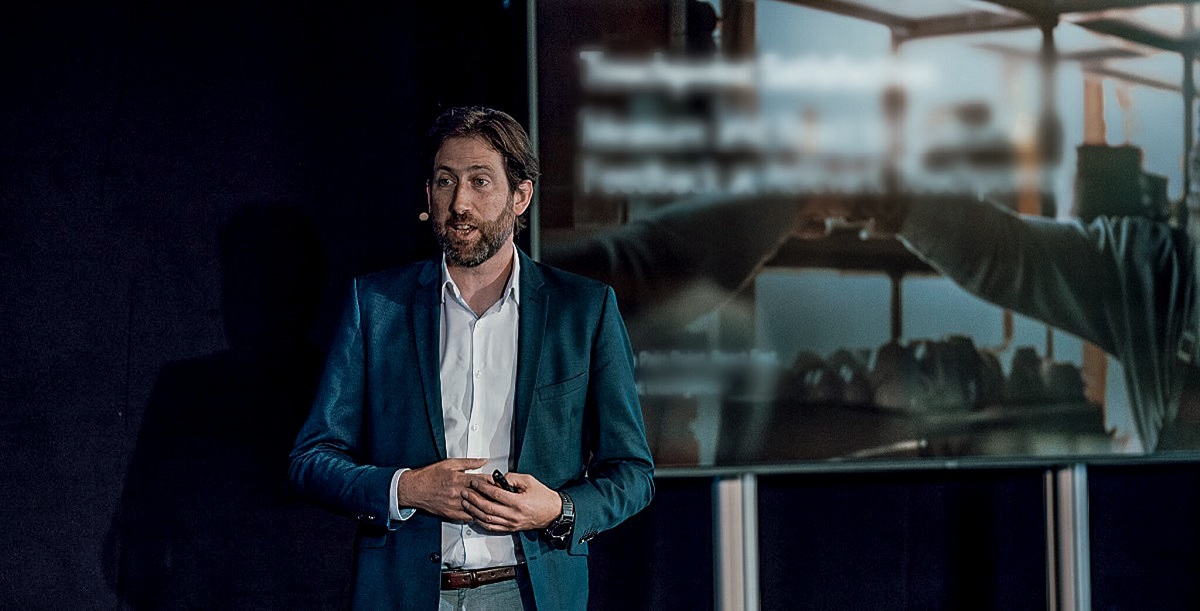
Image: Rational
Unlike traditional software, which is based on predefined rules and instructions, AI aims to learn independently, identify patterns and gain insights from data. AI development is based on algorithms and mathematical models that enable computers to process data and draw conclusions from it.
What are the advantages for the hotel and gastronomy industry?
“Anyone who believes that there are no exciting use cases for AI is mistaken,” stresses Bilâl Tahris, Flowit AG. He goes on to cite a few examples. “Let’s consider visitor forecasts: Based on historical data, you can calculate trends and patterns that can be used to predict visitor traffic in the future, for example, depending on the season, weather, and so on. Another example is the personalization of offers and services. With the help of AI, hoteliers and restaurateurs can analyze the behavior and preferences of their guests and derive personalized offers and services from them, such as personalized recommendations for restaurants, excursion destinations or activities.”
Things get exciting when you go one step further and look at optimizing operational processes. “By automating processes such as ordering and payment systems or predicting demand and inventory needs, hoteliers and restaurateurs can save time and resources, which is reflected in higher margins,” says Tahris.

Image: Flowit
When we move on to merchandise management or menu design, it quickly becomes clear that AI can make a significant contribution to a company’s success. This is clearly evident at Rational, which has already started to use these analytics in maintenance and servicing. “Since we can make reliable forecasts for equipment wear based on the data available, we can minimize machine downtime. AI is also interesting for better meal planning. Sun, rain, number of outdoor seats, available workforce – putting all of that in relation to each other and recommending a course of action is a cinch for an AI,” explains Feiler. The processes are not simple, and the algorithm behind them is labor-intensive.
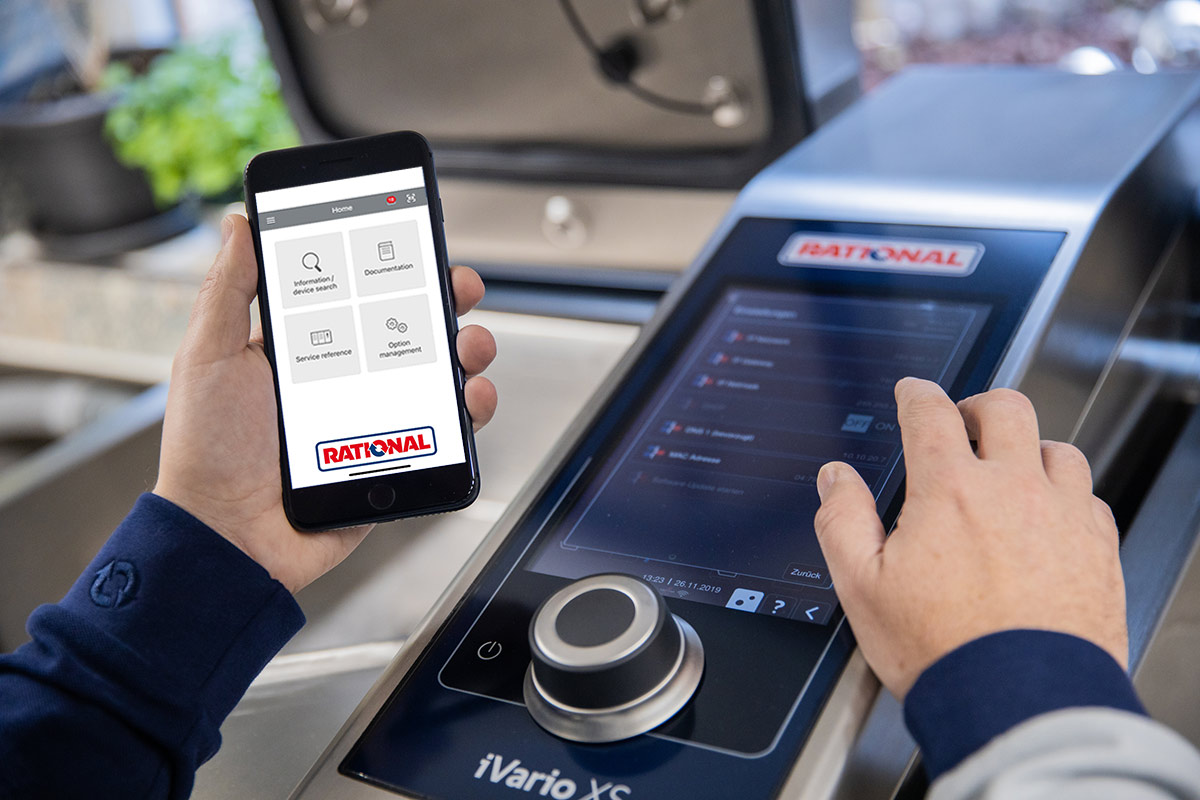
Image: Rational
Does AI have a positive impact on our working life?
Feiler still has his doubts. “When it comes to this question, time will tell. Until then, we should keep a critical eye on the technology.” It is important to note that AI is not a replacement for human intelligence, but rather compliments it. While AI is able to perform certain tasks faster and more precisely than humans, it still lacks the complex understanding, creativity and emotional perception that characterizes human intelligence.
Overall, however, AI offers enormous potential to revolutionize the hospitality industry – be it through more efficient processes, personalized experiences or better decision-making.
Part 2 coming soon – follow us on social media or subscribe to our Newsletter to make sure you don’t miss anything!


